Arlington, Va. Jan 06, (V7N) − A powerful winter storm system is sweeping across the Midwest and East, leaving a trail of heavy snowfall, icy conditions, and freezing temperatures. Over 60 million Americans remain under winter weather advisories as states brace for what is being described as a "historic storm."
Since Friday, some regions have already experienced more than 2 feet of snow, and forecasts predict the situation will worsen as the system progresses. The storm has led to widespread disruptions in transportation, emergency declarations, and mounting concerns about public safety.
Severe Weather Warnings in Over a Dozen States
AccuWeather Meteorologist Brandon Buckingham highlighted the far-reaching impact of this weather event. "Over a dozen states are forecast to be impacted by one or more aspects of this storm," Buckingham said, noting that snowfall in some regions could exceed 6 inches.
Key metropolitan areas, including Kansas City, St. Louis, Indianapolis, and Cincinnati, are expected to see significant snowfall, causing travel disruptions and hazardous conditions.
States Declare Emergency to Combat Storm's Wrath
Governors in several states, including Arkansas, Kentucky, West Virginia, Virginia, New Jersey, and Kansas, have declared states of emergency:
Arkansas: Mobilized road crews and utility teams to address power outages and ensure highways remain passable.
Kentucky: Governor Andy Beshear issued warnings about treacherous roads and urged residents to avoid unnecessary travel.
West Virginia and Virginia: Prepared for freezing rain and high winds, which could lead to downed trees and power lines.
New Jersey: Governor Phil Murphy declared a state of emergency for seven counties, emphasizing the potential for coastal flooding alongside heavy snowfall.
Kansas: Governor Laura Kelly declared a state of disaster, with emergency shelters activated and road-clearing equipment deployed statewide.
Snowfall and Travel Impact
The storm has caused havoc across the transportation network:
Roads: Many highways are becoming impassable as plows struggle to keep up with rapid snow accumulation. Pileups and accidents are being reported in areas like Missouri and Illinois.
Air Travel: Major airports in affected regions, including Chicago O’Hare, Indianapolis International, and Cincinnati/Northern Kentucky International, are reporting hundreds of flight cancellations and delays. Airlines such as Delta, United, and American Airlines have issued travel waivers, allowing passengers to reschedule flights without penalties.
Rail Services: Amtrak has suspended some routes in the Midwest, with delays expected on East Coast lines as snow and ice continue to build.
Residents Prepare for Worst
Utility companies are preparing for potential outages as freezing rain, snow, and wind gusts threaten power lines. Residents in rural and urban areas alike are stocking up on essentials, including food, water, batteries, and emergency heating supplies.
In Kansas City, grocery stores reported long lines as residents prepared for the storm.
In St. Louis, emergency shelters have been set up to assist vulnerable populations.
In West Virginia and Virginia, salt trucks and snowplows are running continuously to mitigate icy road conditions.
Health and Safety Risks
Officials are urging residents to take the storm seriously, as the combination of heavy snow, freezing rain, and sub-zero temperatures poses significant health risks. Prolonged exposure to the cold could lead to frostbite and hypothermia. The elderly and those with medical conditions are particularly vulnerable, with warming centers opening in several cities to provide refuge.
Historic Context
Meteorologists are comparing this storm to previous major weather events, with some regions potentially setting new records for snowfall and low temperatures. Experts are also monitoring the possibility of severe winds and ice accumulation, which could worsen the situation in areas already struggling to recover from earlier snowfalls.
As this massive storm continues its journey across the Midwest and East Coast, emergency management teams remain on high alert, and residents are advised to stay informed, take precautions, and avoid unnecessary risks.
END/SMA/NYC/RH/



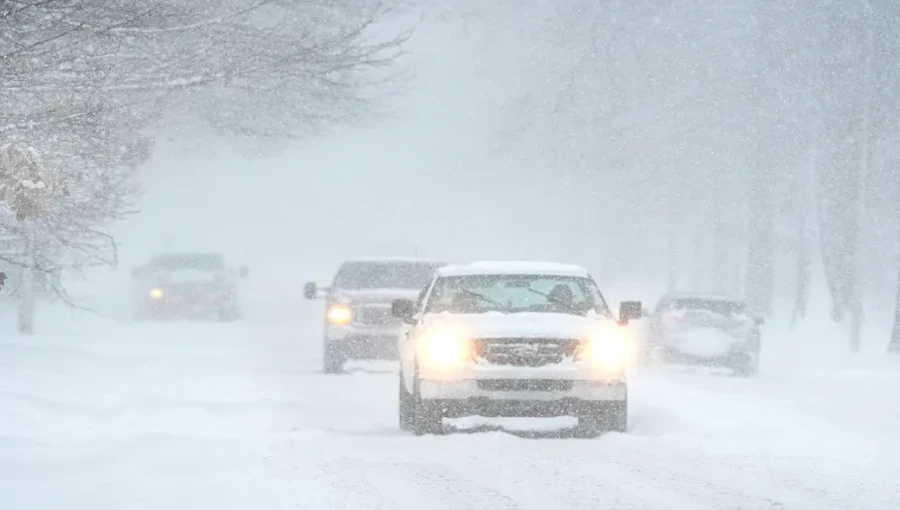


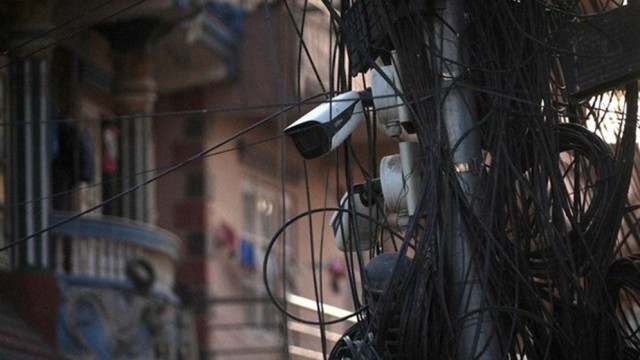

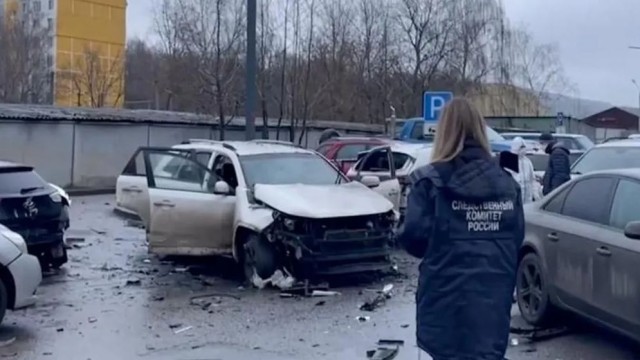
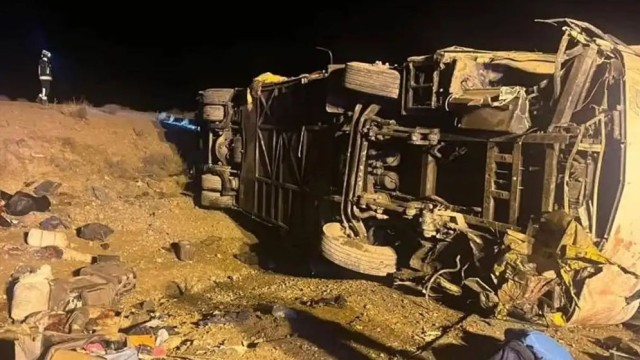




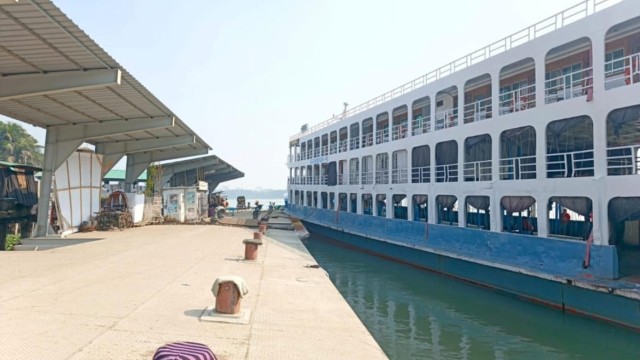



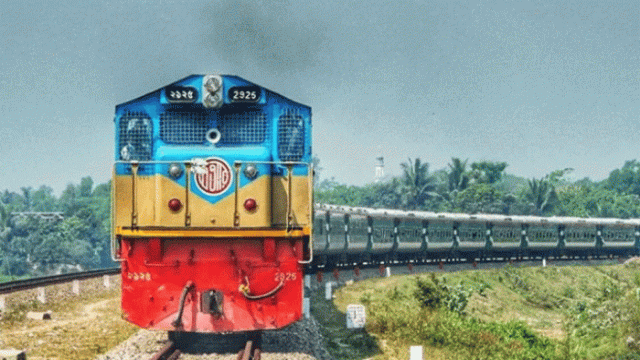











Comment: